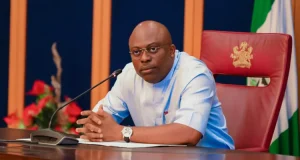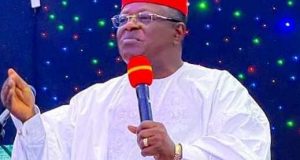According to Oxford Advanced Learners Dictionary it defines bane as the cause of great distress, trouble or annoyance. Corruption is a persistent phenomenon in Nigeria, President Muhammadu Buhari describes corruption as the greatest form of human right violation. Since the emergence of modern public administration in the country, there have been cases of official misuse of funds and resources, the risk of public administration and the discovery of oil and natural gas are the major events seen to have added to the increase in corrupt practices in the country.
How to Tackle Corruption Effectively in Nigeria
(i) Bribery: Which is an important critical side of corruption needs two parties for this to happen. The bribe giver and the bribe taker. In some countries the culture of corruption extends to every aspect of public life, making it more or less impossible to stay in business without bribe.
Corruption can mean different things to different people, corruption means the practice of obtaining powers influence or other personal gains through illegitimate means, often at other’s expense, the more wide spread and acceptable corruption methods are in a given society, the more corrupt that society is said to be corrupt. Typically, the word calls to mind political corruption which could refer to a politician who rather letting the voters decide to elect him, will bribe and steal his way into office. Corrupt companies, for envy may only promote individuals who perform personal favour for their boss, corruption in a university setting may take the form of lecturers accepting cash for higher marks as a result of this, it becomes harder or impossible for others to operate above board.
Corruption can be caused through the following factors: (i) Weak government institutions (ii) Poor incentives (iii) Lack of openness and transparency in public service (iv) Absence of key anti-corruption tools (v) Ineffective political process (vi) Culture and acceptance of corruption by populace .
Fight against Corruption is not working in our country mainly due to insincerity of government, Low public participation in governance, Corrupt Electoral System, Nepotism and Systemic disorder.
One person cannot fight corruption but if everyone stands their ground with sincere heart with peace, unity and harmony both in the country the state, community, society and even in the church, Nigeria will be free from corruption.
Dorcas Udeme, SS 3 Student of Community Secondary Commercial School, Ikot Oku Ikono, Uyo local government area – Akwa Ibom State
Home / Features / Corruption: The Bane of Development in Nascent Democracy in Nigeria By Dorcas Udeme
 Newsfront Online …Telling the Public as it is
Newsfront Online …Telling the Public as it is



